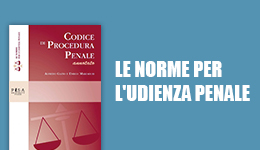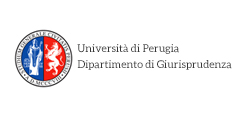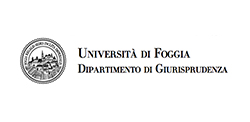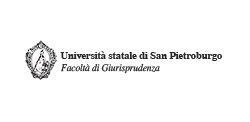Il 5 marzo, la Appeals Chamber della Corte Penale Internazionale ha autorizzato l'Ufficio del Procuratore ad avviare le indagini sulla situazione in Afghanistan "in relation to alleged crimes committed on the territory of Afghanistan in the period since 1 May 2003, as well as other alleged crimes that have a nexus to the armed conflict in Afghanistan and are sufficiently linked to the situation and were committed on the territory of other States Parties in the period since 1 July 2002".
Il provvedimento, adottato all'unanimità, riforma quello con cui il 12 aprile dell'anno scorso la Pre-Trial Chamber aveva sorprendentemente rigettato la richiesta del Procuratore Bensouda ritenendo in buona sostanza che un'inchiesta sulle vicende afghane non fosse "nell'interesse della giustizia" ex art. 53, co. 1, lett. (c), dello Statuto della Corte ("notwithstanding the fact that all the relevant requirements are met as regards both jurisdiction and admissibility, an investigation into the situation in Afghanistan would not serve the interests of justice"). Oltre a rappresentare un momento storico e lungamente atteso sia per quanto riguarda il conflitto afghano (quantomeno per la fase successiva all'11 settembre) che per l'attività della Corte in generale, tale decisione è degna di particolare nota anche perchè definisce in modo netto i limiti della verifica spettante alla Pre-Trial Chamber ai sensi dell'art. 15, co. 4, della Statuto in riferimento al suddetto parametro di cui all'art. 53.
I giudici di appello, infatti, nel censurare il provvedimento impugnato ("based on legal error and an incorrect understanding of [the Pre-Trial Chamber] role"), hanno chiarito che "article 53(1) of the Statute is formulated in the negative – the Prosecutor must consider whether there are ‘reasons to believe that an investigation would not serve the interests of justice’ and need not affirmatively determine that an investigation would be in the interests of justice, as suggested by the Pre-Trial Chamber.". Sul punto, in relazione al caso in questione, concludono che "the Pre-Trial Chamber’s reasoning in support of its conclusion regarding the ‘interests of justice’ was cursory, speculative and did not refer to information capable of supporting it. Third, there is no indication that the Pre-Trial Chamber considered the gravity of the crimes and the interests of victims as articulated by the victims themselves in conducting this assessment. In these circumstances, the Appeals Chamber is of the view that the Pre-Trial Chamber did not properly assess the interests of justice". In base all'art 18 dello Statuto, l'Ufficio del Procuratore dovrà adesso notificare l'avvio delle indagini non solo a tutti gli Stati membri ma anche a quelli che hanno comunque giurisdizione sui fatti in oggetto (ad esempio, gli Stati Uniti).
Per le indagini non è prevista una durata massima. Si preannuncia tuttavia un percorso indubbiamente non facile: la maggior parte degli accertamenti probatori dovranno essere effettuati in un Paese di fatto ancora in guerra (nonostante il recente Accordo tra USA e Talebani firmato il 29 febbraio in Qatar) e su cui il Governo di Kabul esercita un controllo limitato; la reale collaborazione da parte di quest'ultimo peraltro è in dubbio (certa è invece la dura opposizione da parte dell'amministrazione statunitense). A ciò si sommano tutte le incertezze che aleggiano intorno al processo di pace attualmente in corso (con sviluppi altalenanti), al destino del nuovo esecutivo che dovrebbe formarsi a seguito delle recenti, contestate, elezioni presidenziali, oltre che al futuro assetto istituzionale afghano .
Contenuti correlati
- Infortuni sul lavoro - Corte d'ass. d'app. Torino, 28 febbraio 2013, Esphenhahn e altri, con nota di C. Santoriello
- 2013/3 - Pedro R. Torres Estrada, La importancia de la incorporación de protocolos de comunicación entre fiscales, policías y peritos en el nuevo sistema de justicia penal (el caso mexicano). Una propuesta de método para su diseño
- 2012/3 - Dimitar Markov, Organised criminal law group according to Bulgarian penal law
- 2012/3 - Maria Yordanova, Special intelligence means for collecting evidence of organized criminal activity in Bulgaria











